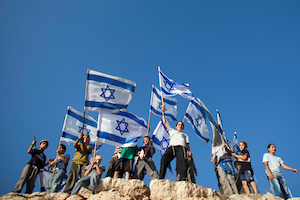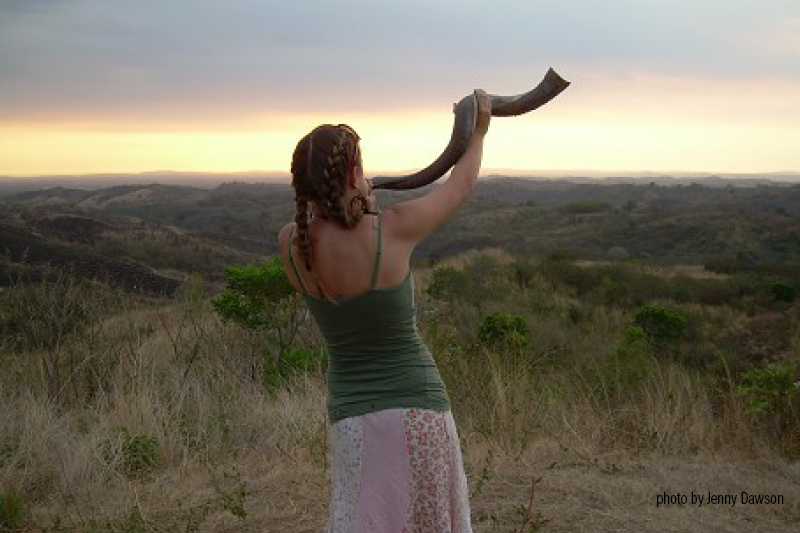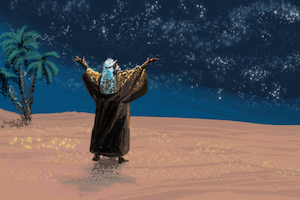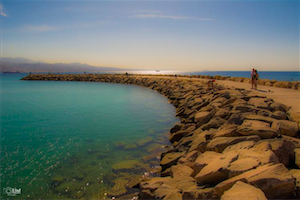At Rosh Hashanah: Grief, fear, hope
by Yossi Klein Halevi
As we enter Rosh Hashanah, I am, like many of us, a confusion of emotions. I am angry and fearful, grieving and grateful, proud and ashamed and, despite everything, hopeful.
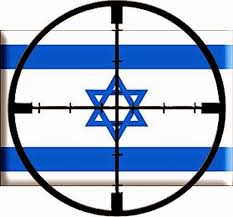
I am angry at how, once again, much of the world has turned an Israeli war of self-defense into a war crime. I am angry at the UN for investigating Israel and not Hamas [or the countless other terror groups], at much of the media for falling into their trap and blaming Israel for civilian deaths it tried to avoid, at Israel’s critics who seemed disappointed that there weren’t more dead Israelis, as if somehow that would have been more fair.
I am grieving for the fallen soldiers. In Israel a soldier killed in battle doesn’t become a martyr but everyone’s son – a husband, a father, a boyfriend.
I am angry at the growing attempt to criminalize the Jewish state, turn the Jews again into the world’s symbol of evil. Angry at the way our history, our story, the essence of our identity, is being distorted by a campaign of lies and half truths. Angry that, the more we succeed in re-rooting ourselves in the land of Israel, producing one generation after another of native Israelis, the more our rootedness, our nativeness, is denied.
I am grateful that, in Israel, the Jews have finally learned to defend themselves, grateful that we have the means and the will to thwart the murderous intentions of our enemies. And I am proud of the heroism of our sons who go into tunnels and booby-trapped houses, who fought not to avenge but to protect.
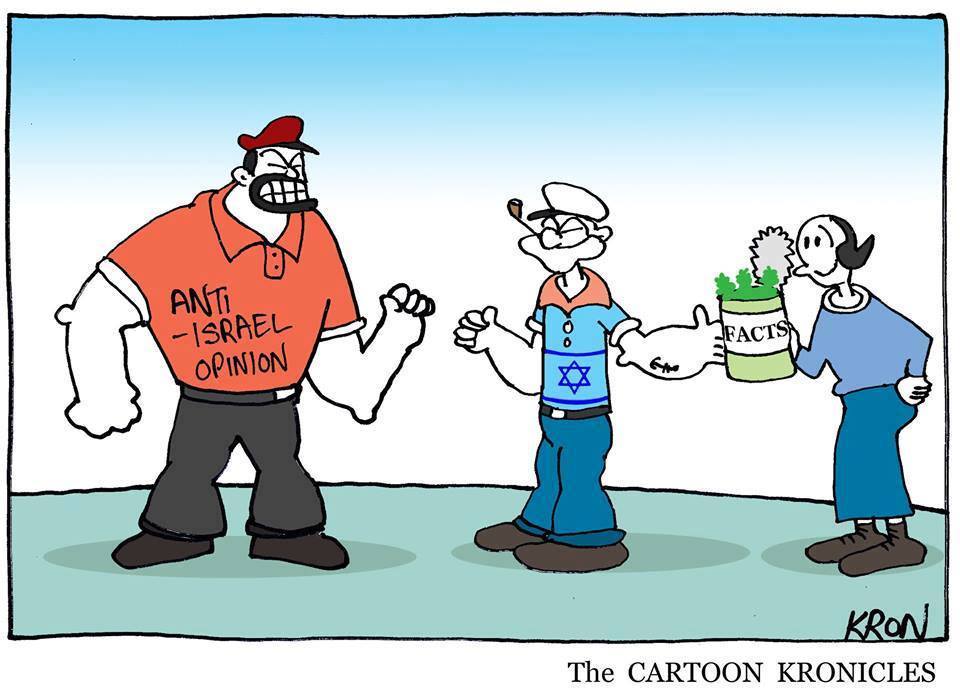
I am entering Rosh Hashanah committed to doing all I can to defend Israel from those outside our borders who hate and vilify it – and also from those among us who express their twisted love for the Jewish people with hatred for others, who endanger the precious miracle of Israeli democracy.
I believe we will persevere. I believe this because Jewish history – events we ourselves have witnessed – insists that despair is always premature.
We will persevere because the Jewish fanatics of the far right and the far left — those who have a ready answer to all our dilemmas and who contribute, each in their own way, to Israel’s isolation – are a minority.
Most Jews instinctively know that to be a Jew means to balance paradoxes – security and morality, realism and vision, particularism and universalism, self-defense and self-critique.
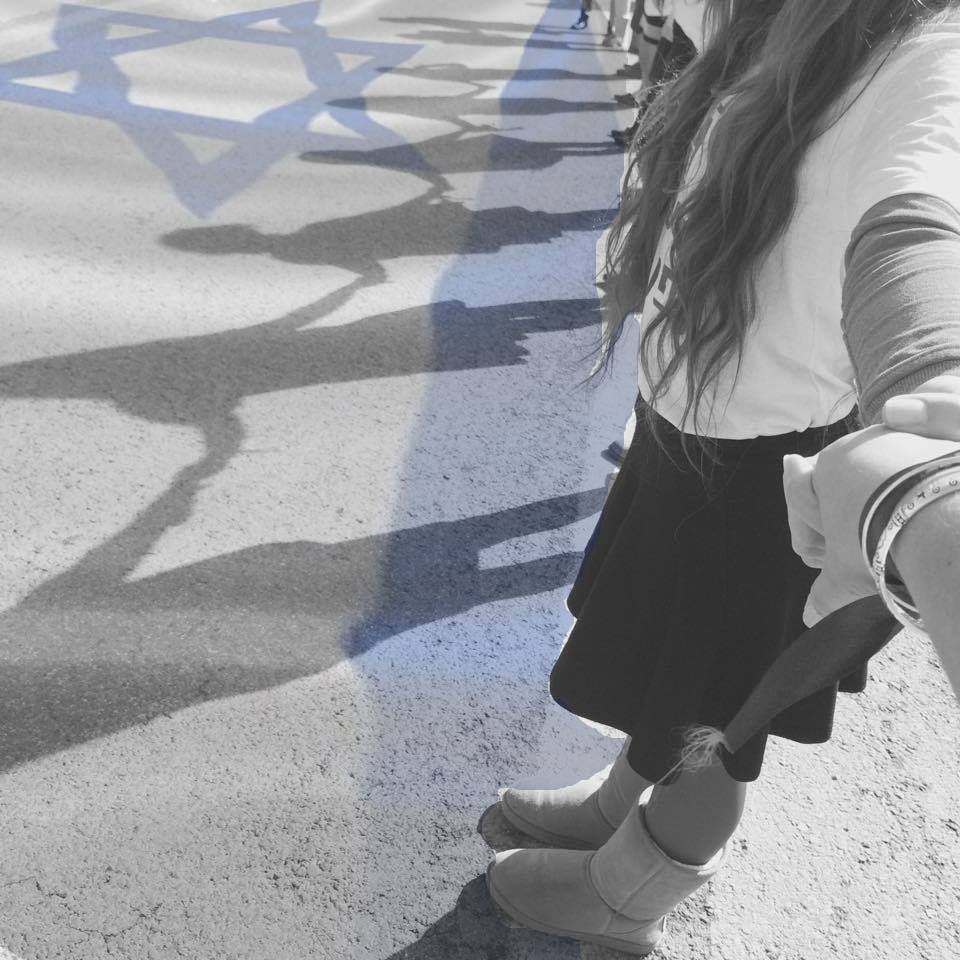
Copyright © Kenny Kodish
This year especially, I will pray that we have the wisdom to hold together as a people, despite the growing pressures on us to fragment and turn against each other. I will pray for the courage to defend the justness of our return home against the big lie that is aimed against us, even as we admit where we have erred.
Most Jews share the same hope – of a strong Israel at peace with its neighbors. We will continue to argue about the best way to achieve that – but as partners, aware that there are no easy answers, that none of us can speak for the totality of Jewish wisdom, that we need each other’s insights to be a whole people, that we cannot thrive without being a whole people.
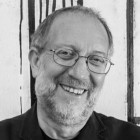
Yossi Klein Halevi is a senior fellow at the Shalom Hartman Institute, a member of the Institute's iEngage Project, and a contributing editor to The New Republic. His latest book, Like Dreamers: The Story of the Israeli Paratroopers Who Reunited Jerusalem and Divided a Nation, was named the 2013 National Jewish Book Council Book of the Year. His autobiography, Memoirs of a Jewish Extremist, has just been released in paperback by HarperCollins.
Excerpted from Times of Israel. Reprinted with permission from author.

